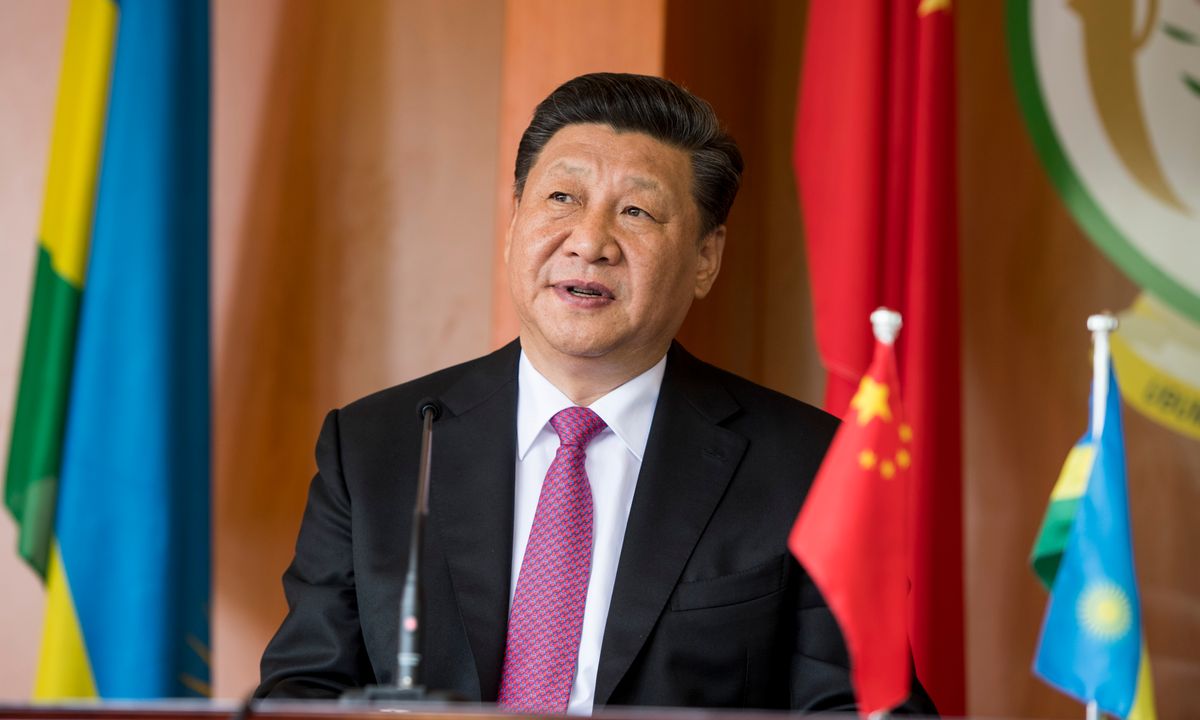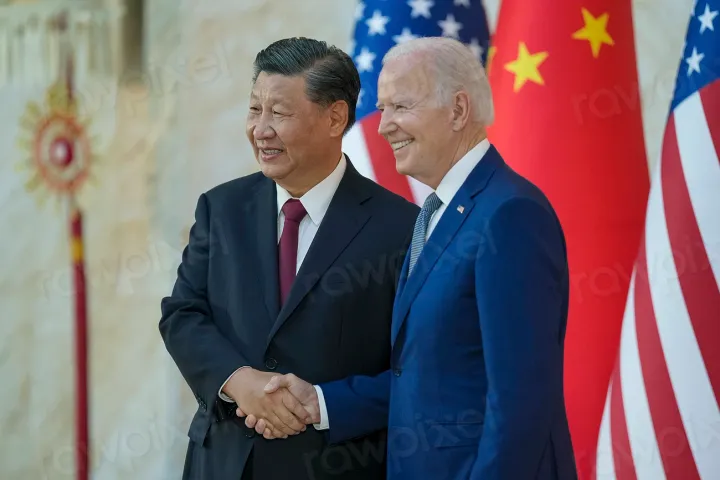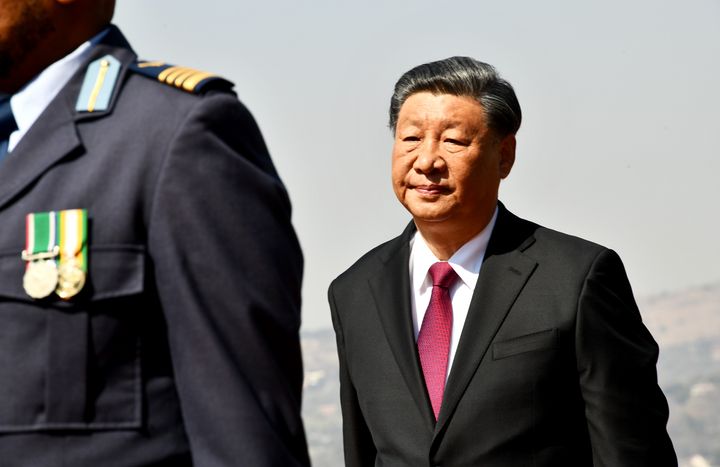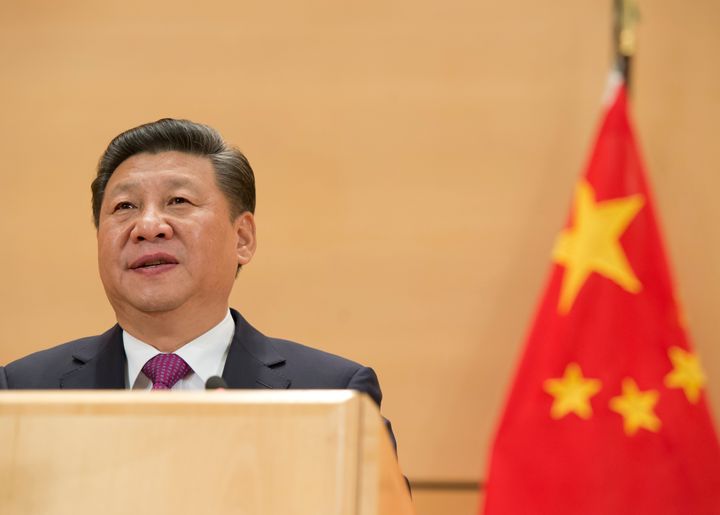Communist Party to Directly Oversee Finance and Tech in China

China's parliament is set to approve an administrative overhaul this week, placing public security, financial regulation, and technology under the direct control of the Communist Party, instead of the state.
Beijing aims to prepare its financial system and supply chains, including semiconductors, for a Taiwan conflict and any Western sanctions that might come by extending the Communist Party's control over a larger part of the government and giving more power to President Xi Jinping, Japanese publication Nikkei Asia reported on Wednesday.
"Western countries -- led by the U.S. -- have implemented all-round containment, encirclement, and suppression against us, bringing unprecedentedly severe challenges to our country's development," Xi said on Monday.
A day later, the State Council presented a finance and technology reform proposal to the National People's Congress, which will be approved on Friday.
Under these reforms, a new Central Financial Work Commission will take charge of regulating banking and insurance, as well as some responsibilities of the central bank, while a new party-led commission will be established to promote the growth of the high-tech industry.
The proposed plans involve creating a new internal affairs committee by separating certain functions from the Ministry of Public Security and the Ministry of State Security. These changes could potentially aid the CCP in suppressing online dissent and obtaining a better understanding of domestic capital flows, Nikkei Asia reported.
CCP’s leadership has been part of China’s government system with government agencies, the armed forces, and companies all having party committees within their organizations.
But until this week State Council was the one regulating administrative functions like policing and finances in an effort to keep party and state separated.
The news about the state and party revamp came by the end of February, with analysts saying it’s an effort to consolidate political power for leader Xi Jinping and a potential preparation for war.
China’s top legislative body the National People's Congress began its annual session on March 5, with President Xi Jinping expected to secure his third five-year term.



